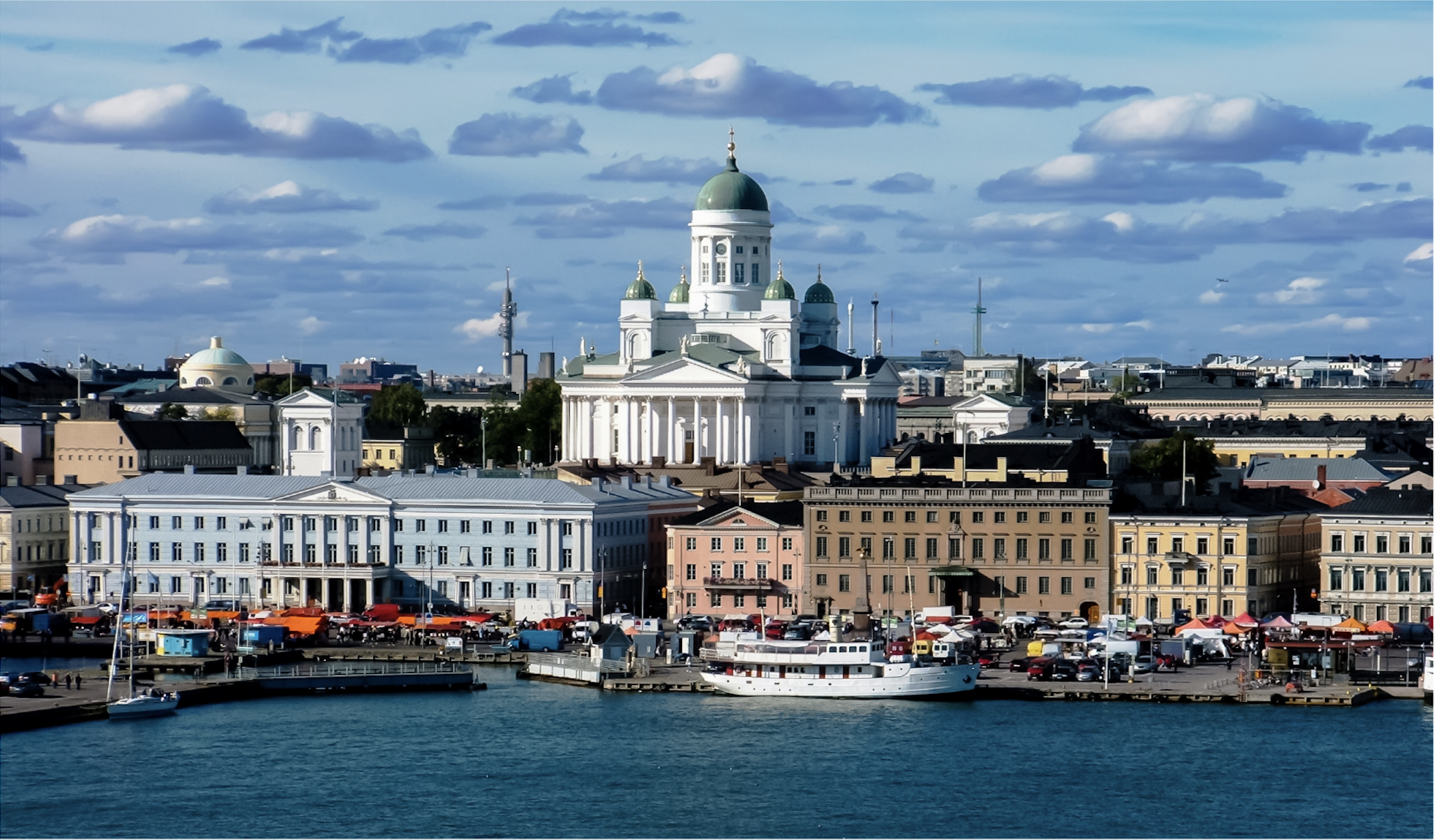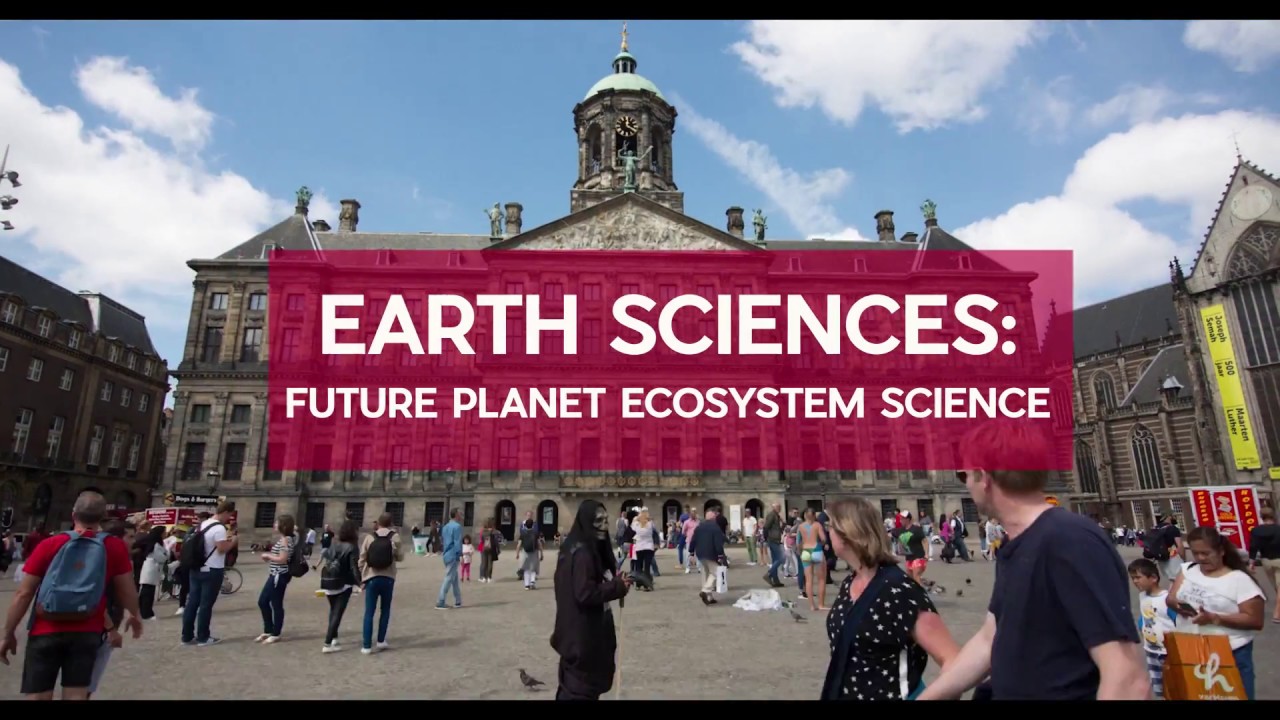Finland's Best Engineering Schools


By Jenny Egnér Lin
Finland is home to pioneering engineering companies and offers world-class education in the fields of technology and engineering. Known for a liberal and first-class educational system, the institutes of higher education feature leading researchers and faculty in an international setting.

Photograph by Tapio Haaja over Helsinki at night.
1. University of Helsinki
The University of Helsinki was established in 1640 as the Royal Academy of Åbo, and has since 1829 been located in Helsinki, Finland. It is the oldest and largest university in Finland with the widest range of disciplines available. Around 36,500 students are currently enrolled in the degree programs of the university spread across 11 faculties and 11 research institutes. In the QS World University Rankings 2019, University of Helsinki ranked #110 in the world across all disciplines.
The Faculty of Science at the University of Helsinki offers several acclaimed master’s programmes. Choose between programmes specialised in Theoretical and Computational Methods, Mathematics and Statistics, Materials Research, Computer Science, Particle Physics and Astrophysical Sciences, Life Science Informatics, Data Science, Chemistry and Molecular Sciences, and Atmospheric Sciences.
2. Aalto University

Photograph by Aalto University.
Aalto University is a university primarily located in Greater Helsinki, with one campus in Espoo. It was established in 2010 as a government-induced merger of three major Finnish universities: the Helsinki University of Technology (established 1849), the Helsinki School of Economics (established 1904), and the University of Art and Design Helsinki (established 1871). With a goal of creating a university that fosters innovation, the Finnish government decided to merge the three institutions into one. The close collaboration between the scientific, business and arts communities is intended to foster multidisciplinary education and research. The QS World University Rankings 2019, ranks Aalto University #140 in the world.
A wide range of science programmes are offered in the field of engineering. Chemical Engineering, Computational Engineering, Data Science, Digital Systems and Design, Quantum Technology, Building Technology, Biotechnology, Information Sciences, Acoustics and Audio Technology, Game Design, Human-Computer Interaction, Security and Cloud Computing, Electronics and Nanotechnology, and many other cutting edge fields in science. State of the art technology, in combination with an interdisciplinary environment, will excel your learning at Aalto University.
3. University of Turku
The University of Turku, located in Turku in southwestern Finland, is the second largest university in the country as measured by student enrollment, after University of Helsinki. It was established in 1920 and also has faculties at Rauma, Pori and Salo. The University has approximately 18,000 students, of which 5,000 are postgraduate students having completed their MSc or MA.
Within the field of Health And Biomedical Sciences, you can study master’s programmes in Biomedical Sciences, Digital Health and Life Sciences, Future Health and Technology, and Human Neuroscience. Within Information And Communication Technology, you can choose between topics covering Embedded Computing, Information Security and Cryptography, and Software Engineering. In the Natural Sciences field, you are able to study Food Development, and various topics in Physical and Chemical Sciences.
4. University of Jyväskylä
The University of Jyväskylä is one of the largest universities in Finland with around 15,000 students currently enrolled in the degree programs of the university. The university has its origins in the first Finnish-speaking Teacher Training College, founded in 1863.
The Faculty of Information Technology at the University of Jyväskylä offers international programmes on master level, covering Information Systems, and Cognitive Computing and Collective Intelligence. Within the Faculty of Mathematics and Science, the international master’s programme in science encompasses both departmental and joint programmes in Biological and Environmental Science, Nanoscience, and Nuclear and Particle Physics.
5. Tampere University
Tampere University was established on 1 January 2019 as a merger between the University of Tampere and Tampere University of Technology. The new university is also the major shareholder of Tampere University of Applied Sciences.
Tampere University is primarily a research university, whereas, Tampere University of Applied Sciences focuses on development. Pre-merger multidisciplinary collaboration was mainly conducted between the fields of signal processing, biotechnology and medical technology at the Institute of Biosciences and Medical Technology (BioMediTech). The University states that it pursues to become a globally recognised research community in the areas of technology, health, and society research.
6. University of Oulu
The University of Oulu is one of the largest universities in Finland, located in the city of Oulu. It was founded on July 8, 1958. As of today, the university has around 13,000 students and 2,900 staff.
In engineering, University of Oulu offers international master’s degree programmes in Biomedical Engineering, Environmental Engineering, Product Management. Within Information and Communication Technology studies, there are degrees in Computer Science and Engineering, Software, Systems and Services Development in the Global Environment, Wireless Communications Engineering. In Health and Natural Sciences there are programmes in Biomedical Engineering, Ecology and Population Genetics, Molecular Medicine, and Protein Science and Biotechnology.
About the author: Jenny Egnér Lin is a Swedish university graduate with a MSc in Strategic Market Creation from Copenhagen Business School, and a BSc in Business and Economics from Stockholm School of Economics. With firsthand experience from studying in Europe, she is sharing prime insights about life as a student at a European university.








